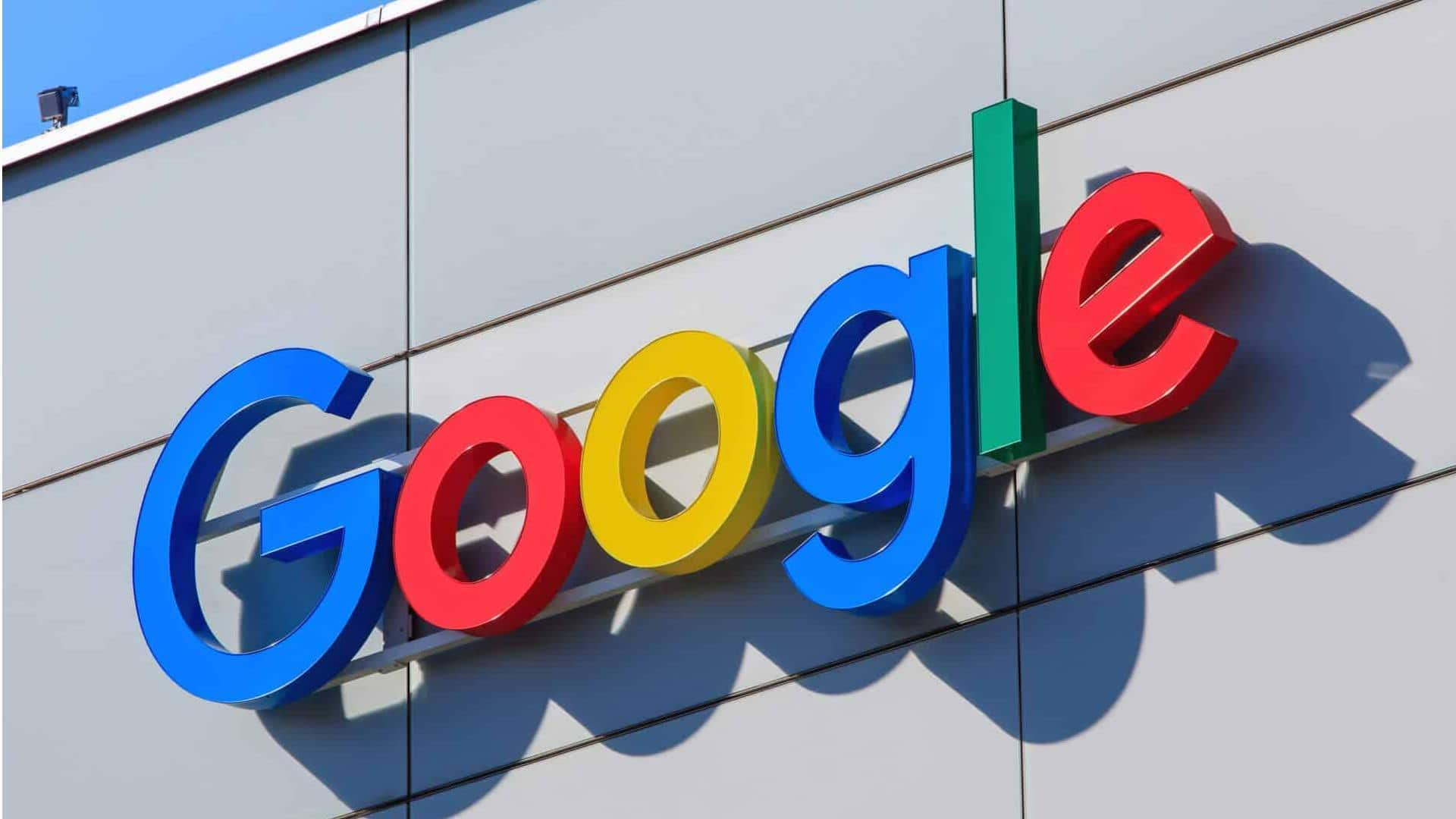
Google challenges £7B UK lawsuit over alleged search market dominance
What's the story
Alphabet, the parent company of Google, has requested a London tribunal to dismiss a collective lawsuit that accuses it of exploiting its supremacy in the online search market.
The case is worth an estimated £7 billion, and is the latest in a series of legal challenges against Google's business practices.
This comes as the tech giant is also facing a significant antitrust trial in the US, related to its online advertising operations.
Accusations
Lawsuit alleges dominance increases business costs
The lawsuit is led by consumer rights advocate Nikki Stopford, who asserts that Google's dominance enables it to inflate the costs of search advertising services for businesses.
These increased costs are then transferred to consumers.
The case also references a €4 billion fine imposed on Google by the European Commission in 2018, for enforcing restrictions on Android device manufacturers, a decision currently being contested by the tech giant.
Legal proceedings
Google's deal with Apple under scrutiny
Stopford's legal team has also alleged that Google struck an anti-competitive agreement with Apple to become the default search engine on Safari, in return for a portion of its mobile search ad revenues.
The lawyers have requested the Competition Appeal Tribunal to certify the case for trial, an initial step in any collective lawsuit.
However, Google has dismissed these allegations as baseless, and strongly denied any consumer harm resulting from its actions.
Defense
Google's lawyer defends company's actions
Google's lawyer, Meredith Pickford, has refuted the allegations in court documents stating, "The suggestion that consumers have been harmed by the Google conducts at issue is strongly rejected."
Pickford further argued that the European Commission's findings were merely "technical complaints about the particular form by which Google promoted its products."
He also defended Google's default search engine agreement with Apple as "in principle perfectly lawful."
Apple has not yet responded to these claims.